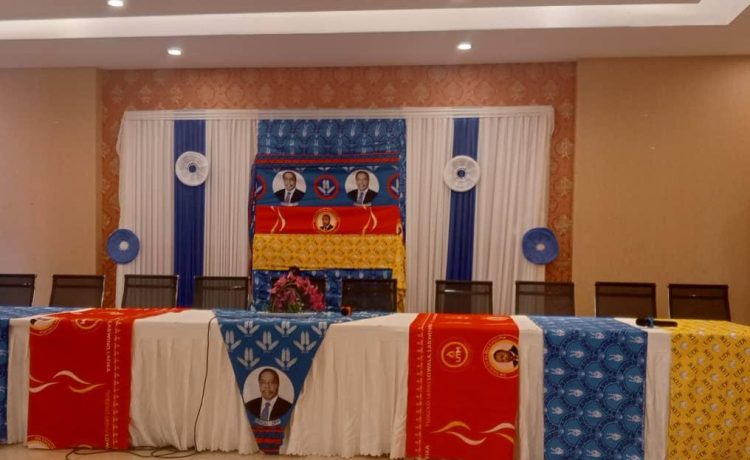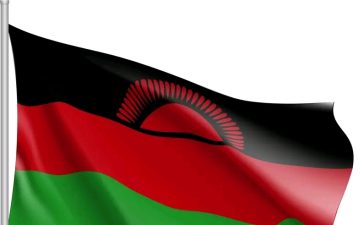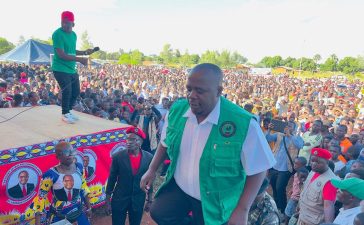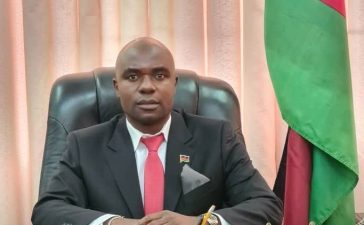Lilongwe — In a press briefing held yesterday at the Golden Peacock, representatives from four opposition political parties united to demand the Malawi Electoral Commission (MEC) suspend its ongoing voter registration exercise. They cited inadequate civic education and insufficient prior announcements regarding the registration initiative as key reasons for the low turnout of eligible voters.
The opposition parties argue that without a more robust sensitization campaign, many potential voters are unaware of the registration process or its significance. They express concern that the current numbers are not reflective of the electorate’s potential, calling for immediate action to rectify the situation.
However, legal experts argue that the basis for the opposition’s call lacks legal justification. According to the Presidential, Parliamentary and Local Government Elections Act (PPLGEA), MEC is required to conduct voter registration within the year leading up to a general election and is not obliged to suspend registration until at least 60 days before the polling date. With the next elections scheduled for September of next year, registration can legally continue until early July.
Legal analysts emphasize that instead of seeking suspension, the opposition parties should collaborate with MEC to enhance civic education efforts. “Suspending the registration process would only diminish the time available to engage with voters,” stated one legal expert. “The focus should be on encouraging participation rather than hindering progress.”
Furthermore, the PPLGEA’s provisions allow for the updating of the voters’ register, indicating that MEC can conduct additional outreach efforts wherever necessary. If opposition parties believe that further registration opportunities are needed, they could seek a court order to compel MEC to strengthen their outreach efforts rather than calling for a halt to current activities.
Critics also argue that pulling back on voter registration at this stage would unjustly penalize individuals who have already registered and could disrupt the overall electoral process.
As the situation unfolds, analysts urge the opposition to transition from a stance of public complaint to one of proactive engagement with MEC, stressing the shared responsibility in fostering an informed electorate.
The call for suspension remains contentious as the electoral body moves forward with its mandate, continuing its efforts to register voters in preparation for the upcoming elections. It remains to be seen how the opposition will respond to the expert guidance suggesting collaboration over cessation of the voter registration exercise.












